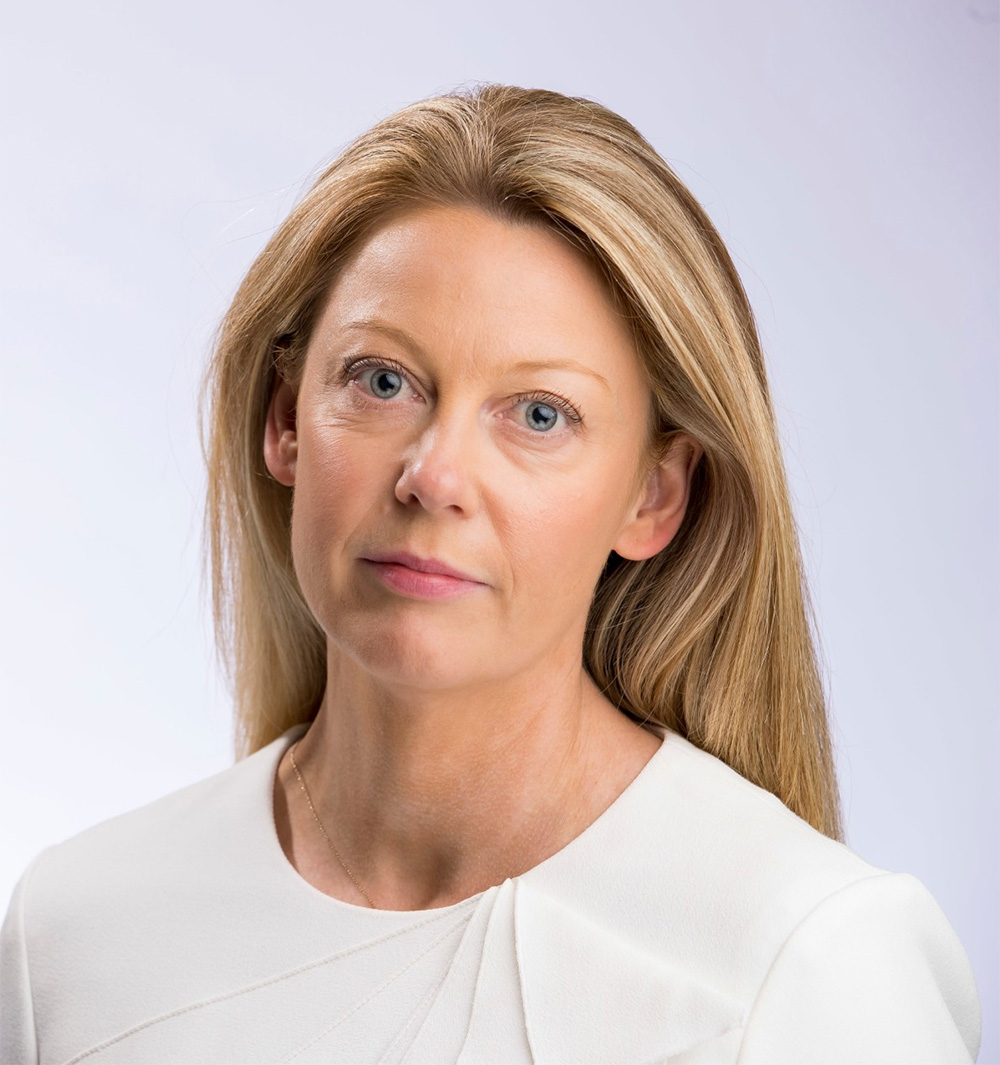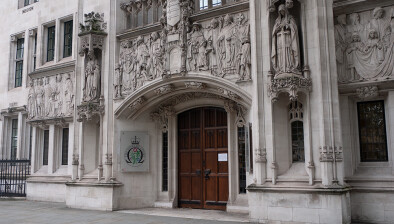One in five Irish people believe women ‘make up or exaggerate’ rape claims

Rachel Morrogh
One in five people living in Ireland believe that women “often make up or exaggerate claims of abuse or rape”, according to new EU-wide research.
The Eurobarometer survey was conducted with the aim of gaining a better understanding of EU citizens’ attitudes towards violence, and relativisation of violent or humiliating behaviours.
Some 1,060 in Ireland asked members of the public for their views on the sexualisation and objectification of women, consent, abuse and rape, cyberviolence, power and control in relationships, and domestic violence.
Commenting on the findings, Rachel Morrogh, chief executive of Dublin Rape Crisis Centre, said: “The new data shows there is a worrying level of victim-blaming in Irish society and that accelerated action is needed to achieve a society that truly supports victims .
“The findings that one in 5 people living in Ireland believe that women often make up or exaggerate claims of abuse or rape is worrying and validates concerns that survivors of sexual violence have about how disclosing what happened to them will be received.
“We know that women cite fears around not being believed and being judged and blamed as barriers to sharing an incident of sexual violence with anyone and this research shows that there is still a long way to go until those fears can be dispelled.
“Research from the Central Statistics Office last year found that women are more than twice as likely as men to say they didn’t tell anyone about what happened to them because they felt ashamed or embarrassed. They were five times more likely than men to indicate that they didn’t disclose because they blamed themselves for what happened. The findings today show that some societal attitudes underpin those fears.
“This myth that women often falsely accuse men of rape is unfortunately still widely held in Ireland, with 20 per cent of people expressing it to the survey. It fits into the messaging playbook used by people who pedal misogynistic content, particularly online.”
She added: “We saw in the recent trial that despite the verdict against Conor McGregor, Nikita Hand was called ‘a vicious liar’ online, and while it may seem desperate to the general public, this type of dog-whistle to a group of sympathetic followers can reinforce a belief amongst them that is untrue and that keeps these false beliefs alive.
“These negative, outdated and victim-blaming attitudes are also evident in another finding: that one in three Irish people believe that if a woman shared intimate pictures of themselves with someone, they were at least partially responsible if the images were subsequently shared online without their consent. Intimate image abuse is a crime under Irish law since 2021 and while much has been done to transmit the message that this is illegal and harmful activity, we can see more must be done.
“The Europe-wide survey also reveals that almost one in 20 believe a husband or partner can have sex without consent, which is a very worrying statistic given marital rape has been a crime since 1990. Consent is for every situation, every relationship.
“It must be clear that sexual violence does not happen in a vacuum — it is carried out by individuals, but the attitudes in society really matter for creating the conditions in which it is carried out. We all have a role to play in addressing this and creating a safer, healthier society for all of us, with zero tolerance for gender-based violence.
“While it is evident that there has been more conversation around sexual violence and consent in Irish society, this survey shows there is still a way to go to unpack and break down a layer of victim-blaming, stereotype-ridden attitudes in Irish society.”








